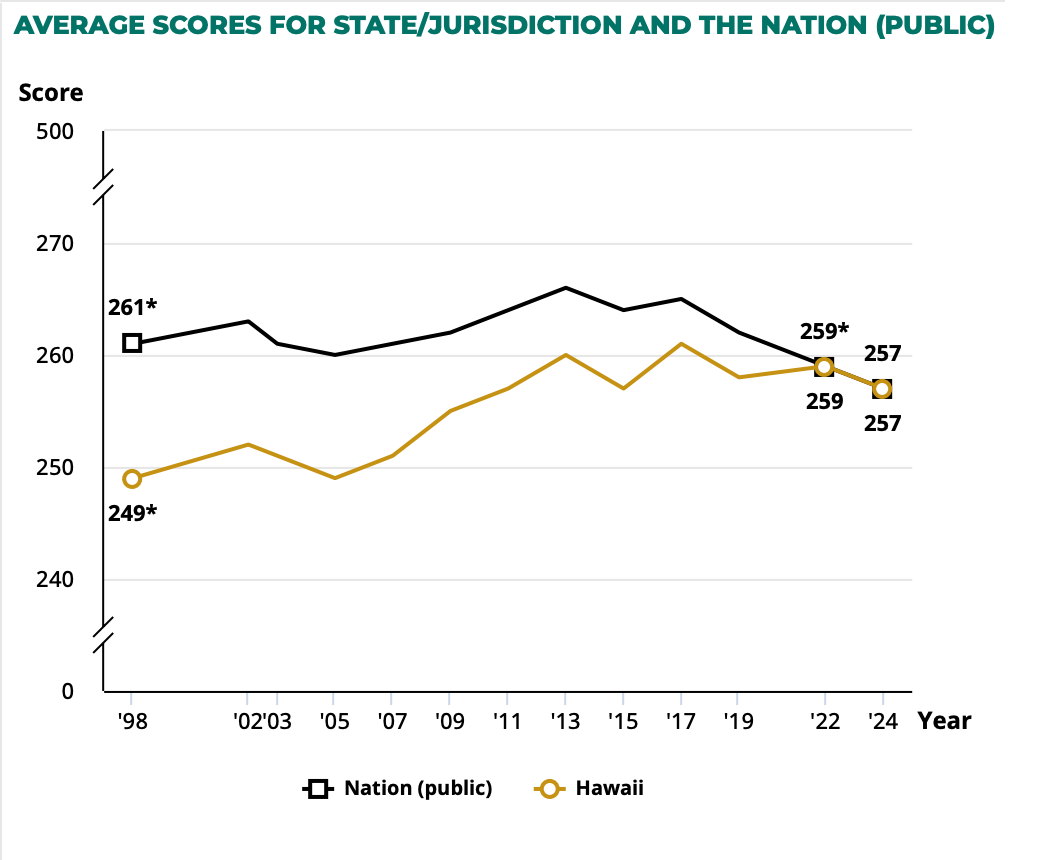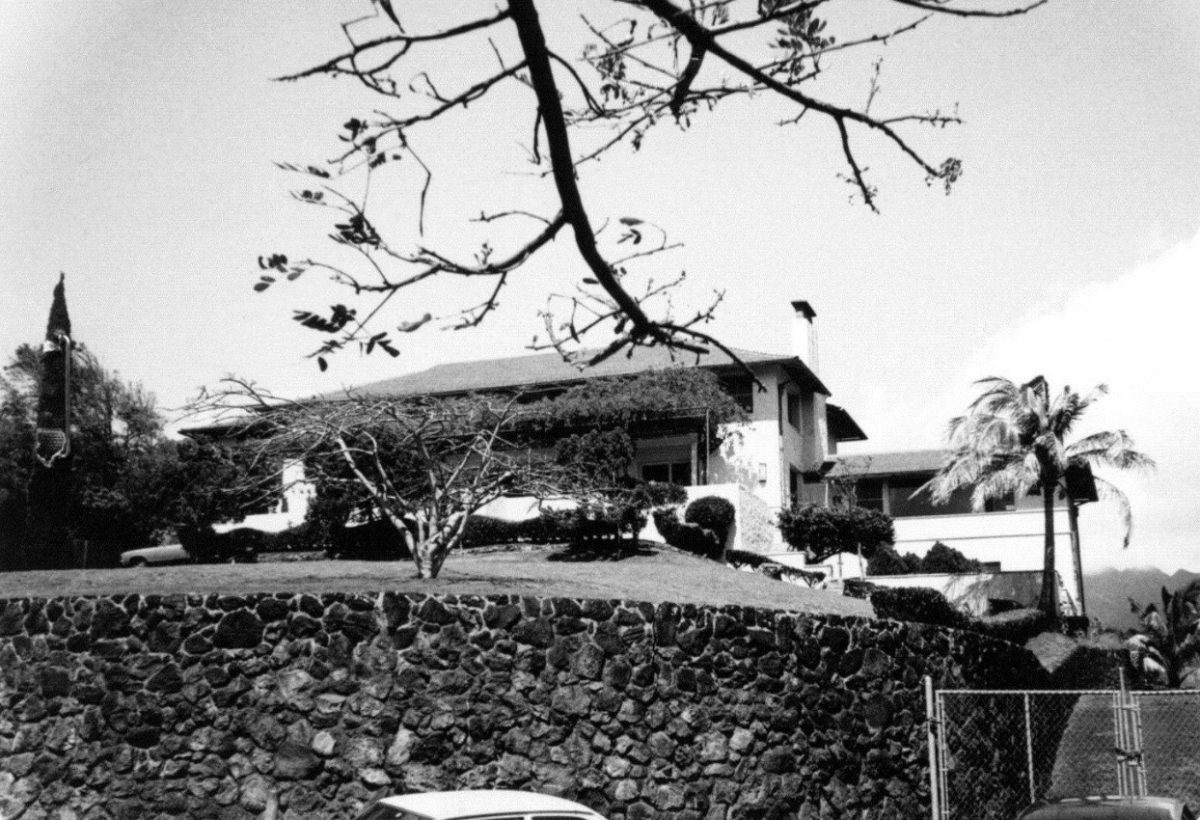Letter from the Editor-In-Chief: Is “doing nothing” a good use of your time?
October 8, 2020
Whether you’re a senior or not, I am sure that distance learning has been frustrating and hard for you.

“Same thing, different day,” I heard my dad say on a conference call. I get that. I imagined my senior year to be full of pictures of my “last first day” and memories from senior camp. Unfortunately, due to COVID-19, these things have been pushed back. I never thought that I would have been spending what was supposed to be the most memorable year of my high school career, staring at a computer screen for seven hours a day.
During this time, I have been working on college applications, managing the newspaper, training for volleyball, trying to maintain competitive grades, and accomplish what seems like a thousand other things. On most days, it feels extremely overwhelming. The days are repetitive and it seems like I’m running towards a goal that keeps moving further and further away. The work for the weekdays has become a part of the weekends and distinguishing the difference between “break time” has become harder and harder. It is in our nature to be high achievers because we are people who want to do well and be successful. Consequently, these past few months have given all of us nothing but time to think about all of the things that we need to get done or get better at. Until now, I couldn’t comprehend the purpose of “doing nothing.”
To most people, “doing nothing” seems pointless or a waste of time. I find myself sitting down checking social media and realizing that I am slacking, people are studying and training.
Throughout the day, finding motivation is difficult but the fear of failure and losing ground ultimately motivates me to keep working. Nonetheless, there is a fine line between working hard and overworking and overworking often leads to burnout.
In 2015, New York University conducted a study examining the top students’ stress. The study reported that academics, athletics, personal, and social life all play a dominant role in teen stress that can lead to burnout. A survey was done with 128 juniors between two private schools and according to Leonard, 49 percent reported daily stress and 31% showed moderate stress. Furthermore, 26% of the students reported levels of stress and depression. In the article a student mentioned, “I just don’t do anything”, “I won’t do any of it” or “ I lose the ability to function.” As the study went on, Leonard discovered that things like sports and exercise ultimately helped relieve stress and anxiety.Additionally, taking the time to yourself and doing the things that make you happy improves your mental health overall.
Someone once told me that when you think about it, doing nothing is actually doing something. I realized that it’s taking the time to care for yourself, reboot, and rejuvenate. More and more students are becoming susceptible to burnout due to external pressure. Especially in virtual learning, we have to remember to care for our physical and mental health above all. At the end of the day, moderation is key. We are all too young to burnout and give up on our dream lives and careers. Learning to “do nothing” and take time to relax and recharge is vital to success and something we all must learn.






